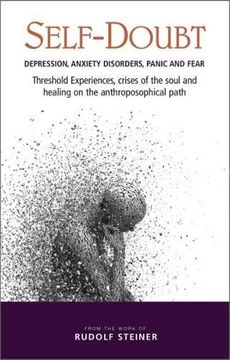Rudolf Steiner (Donji Kraljevec, Imperio austrohúngaro, hoy Croacia, 25 o 27 de febrero de 18611-Dornach, Suiza, 30 de marzo de 1925) fue un filósofo austriaco, erudito literario, educador, artista, autor teatral, pensador social y ocultista. Fue el fundador de la antroposofía, la educación Waldorf, la agricultura biodinámica, la medicina antroposófica5 y de la nueva forma artística de la euritmia.
Describió la antroposofía como sigue: La antroposofía es un sendero de conocimiento que quisiera conducir lo espiritual en el hombre a lo espiritual en el universo. Pueden ser antropósofos quienes sienten determinadas cuestiones sobre la esencia del hombre y del mundo como una necesidad tan vital como la que se siente cuando tenemos hambre y sed.
Steiner propuso una forma de individualismo ético, al que luego añadió un componente más explícitamente espiritual. Derivó su epistemología de la visión del mundo de Johann Wolfgang Goethe, según la cual el pensamiento es un órgano de percepción al igual que el ojo o el oído. Del mismo modo que el ojo percibe colores y el oído sonidos, así el pensamiento percibe ideas.
Ver más
Ver menos

